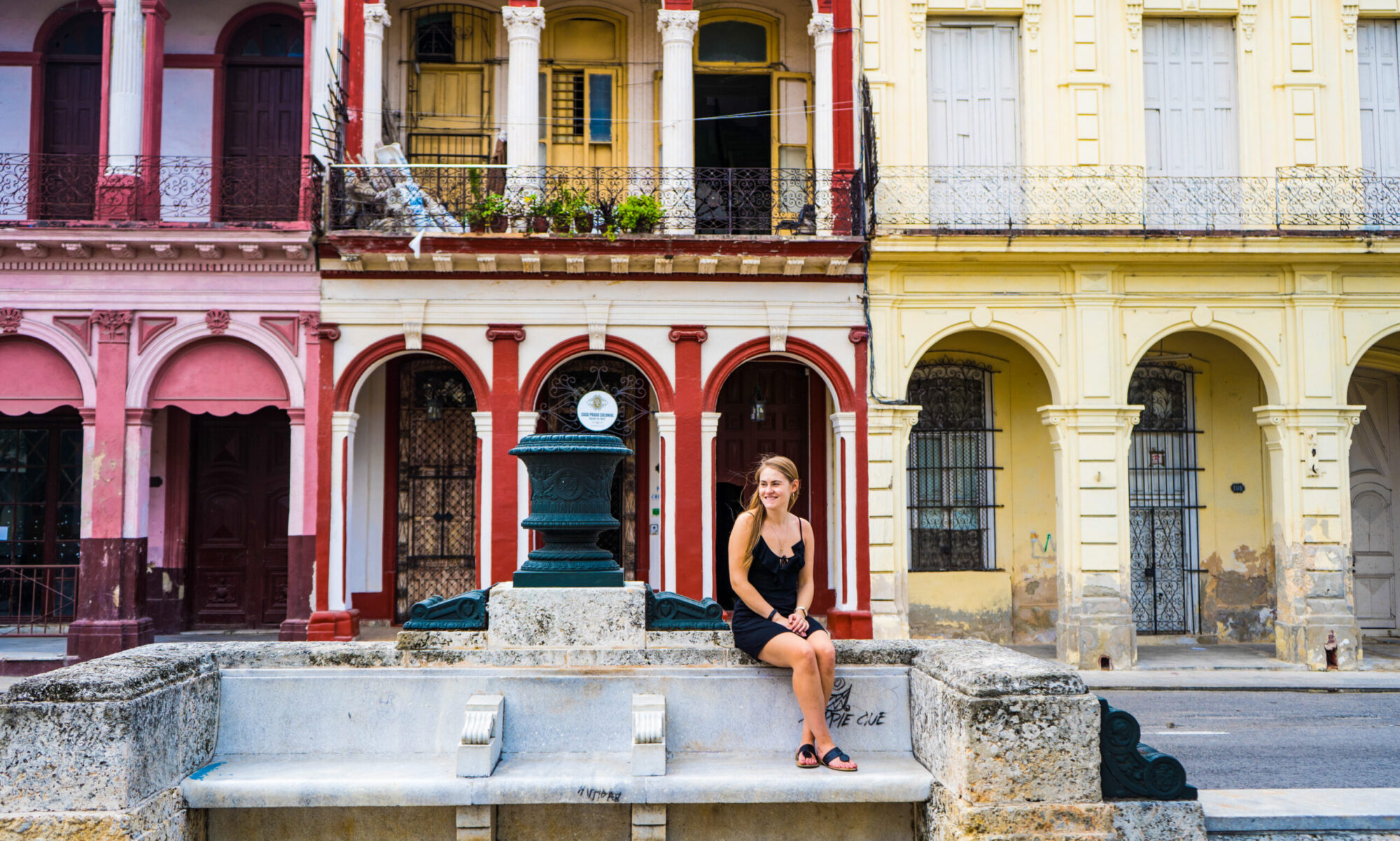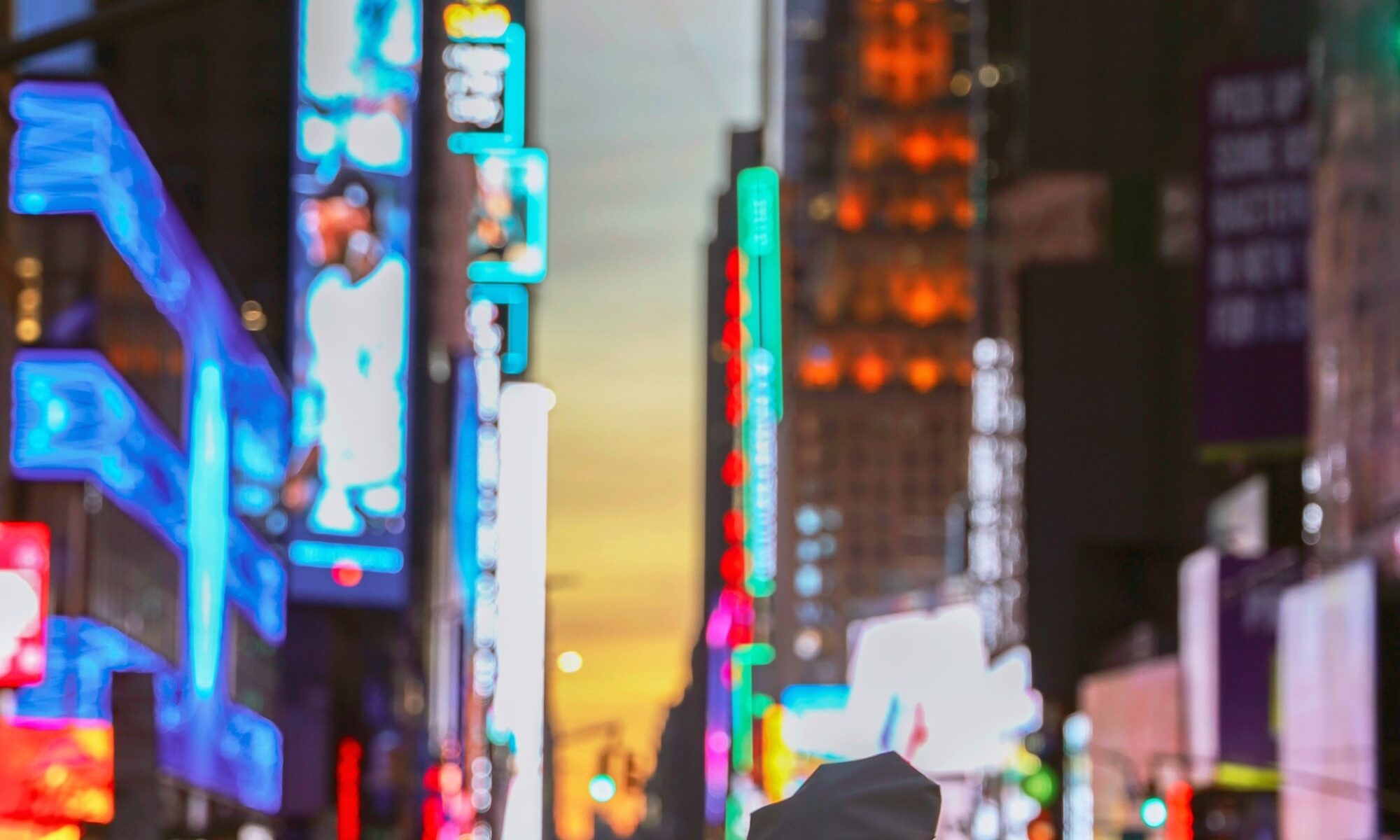Hey, good cop. No, not you, who went into law enforcement because you wanted to feel powerful and carry a gun. You, who joined the force because of your genuine desire to protect and serve. And you, who took a job in marginalized or underserved community, maybe even as a member of a that community, hoping to be a positive influence.
I want to acknowledge that 2020 has been a very hard time for you. You have put your own safety at risk to be on the front lines during this pandemic. I know you may be trying to do your job well so you can provide for your family, and that has felt at risk. I know you may feel afraid for your life more than usual. You may feel like the world is against you. These are difficult emotions to handle, and I see that.
You may be thinking that this is all unfair to you, because you only ever had good intentions. You may be wondering why things seemed fine for so long, and now everything has gotten so out of control.
First, I hope you can see that things have not been fine, even if they appeared that way. If you are white, I hope that you can reflect on some of the fear you may be feeling, and perhaps have a newfound sympathy for the fear that people of color face on a daily basis around the police. A fear that they truly cannot escape, because wherever they go, they are still in their skin. I hope that this perspective makes you a better cop, a more thoughtful and intentional cop.
Second, I hope that you can acknowledge that you may not have known everything about the institution you were excited to join. I’m not blaming you for this. I work for a 157-year old company, and I certainly didn’t research every piece of its history before I signed up to do a job I thought I would like. But I am saying: the time has come to learn more. The time has come to think about how the police started in the U.S., who they were meant to protect, and who they considered a threat. The time has come to think about how that has changed and how it has stayed the same.
The time has come to become aware of your biases, handed down to you by your upbringing, your culture, and your training. To uncover the unconscious and hold it up to the light. To be brutally honest with yourself, even if it’s embarrassing or disappointing. Not to get defensive or make excuses. But to say, ‘now I know, and I will do better.’ To hold yourself and others to a higher and higher standard.
If you want to truly be the ‘good cop’ that you set out to be, you will help create an equal world for all people, including in the eyes of the law. You will be an active participant in the change that needs to take place in policing. And you will be a leader in the movement to end systemic racism across all parts of society.
If you’re looking for a place to start, check out this episode of “Uncomfortable Conversations with a Black Man,” Emmanuel Acho, with members of the police department in the town of Petaluma, CA.

